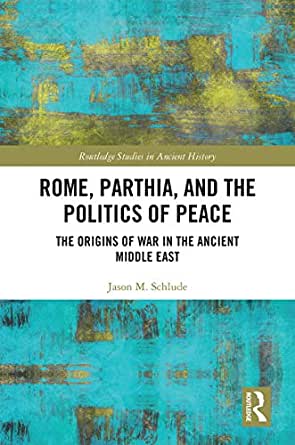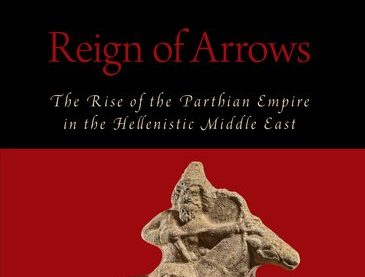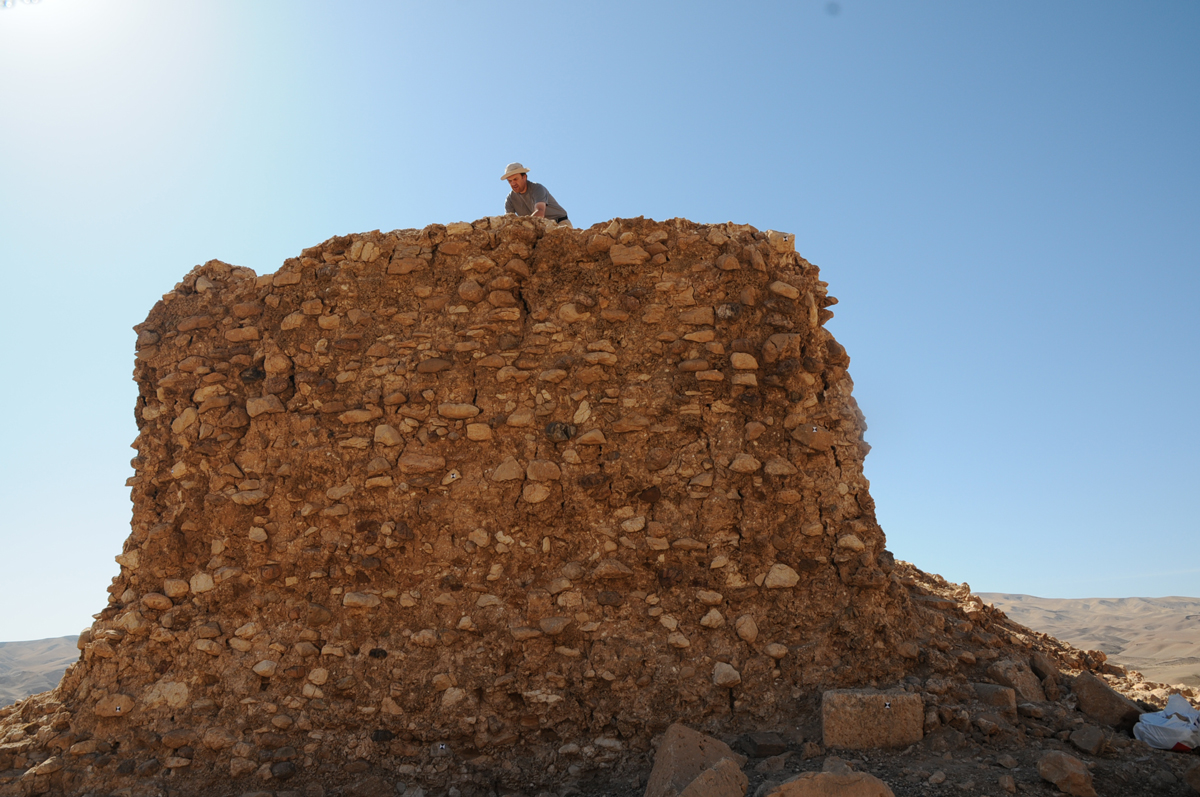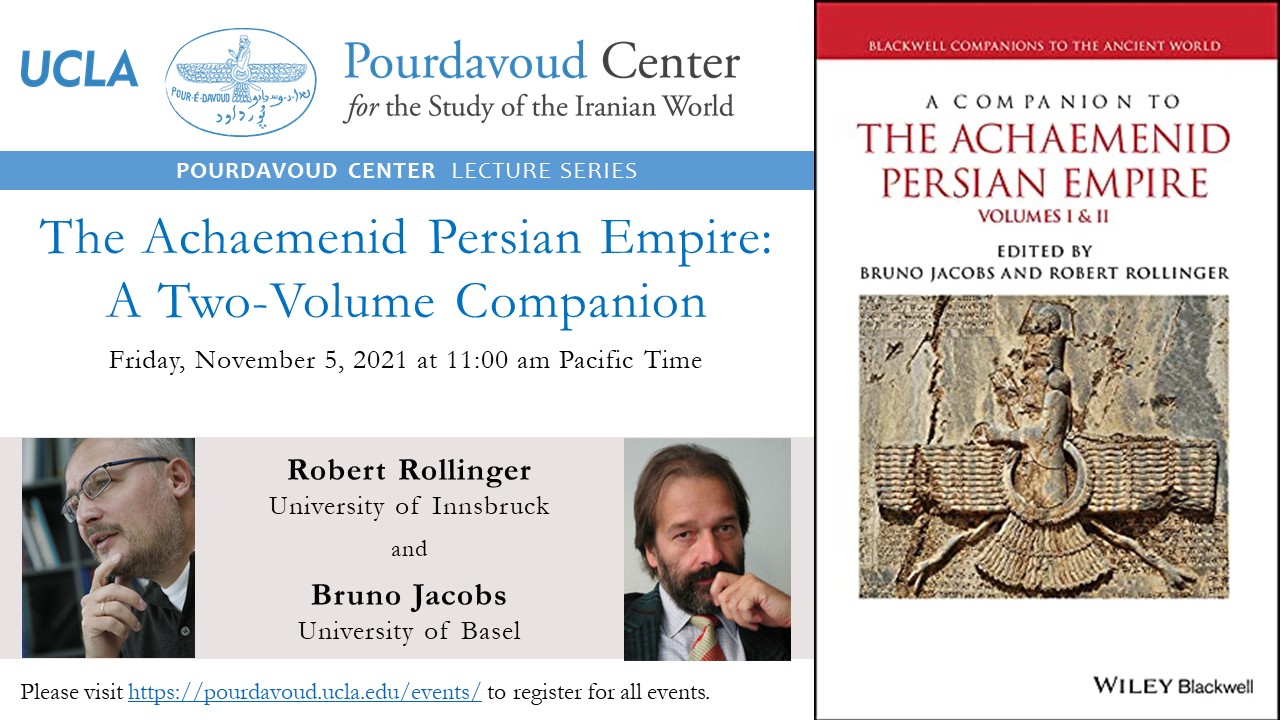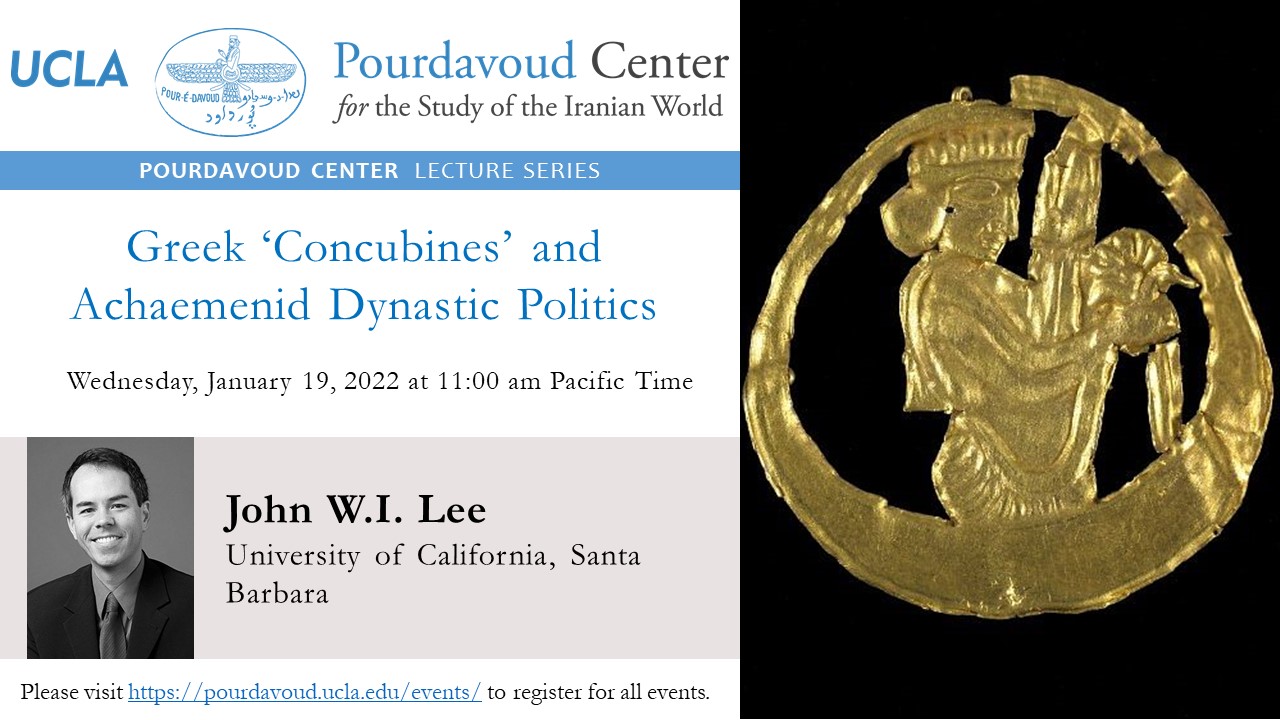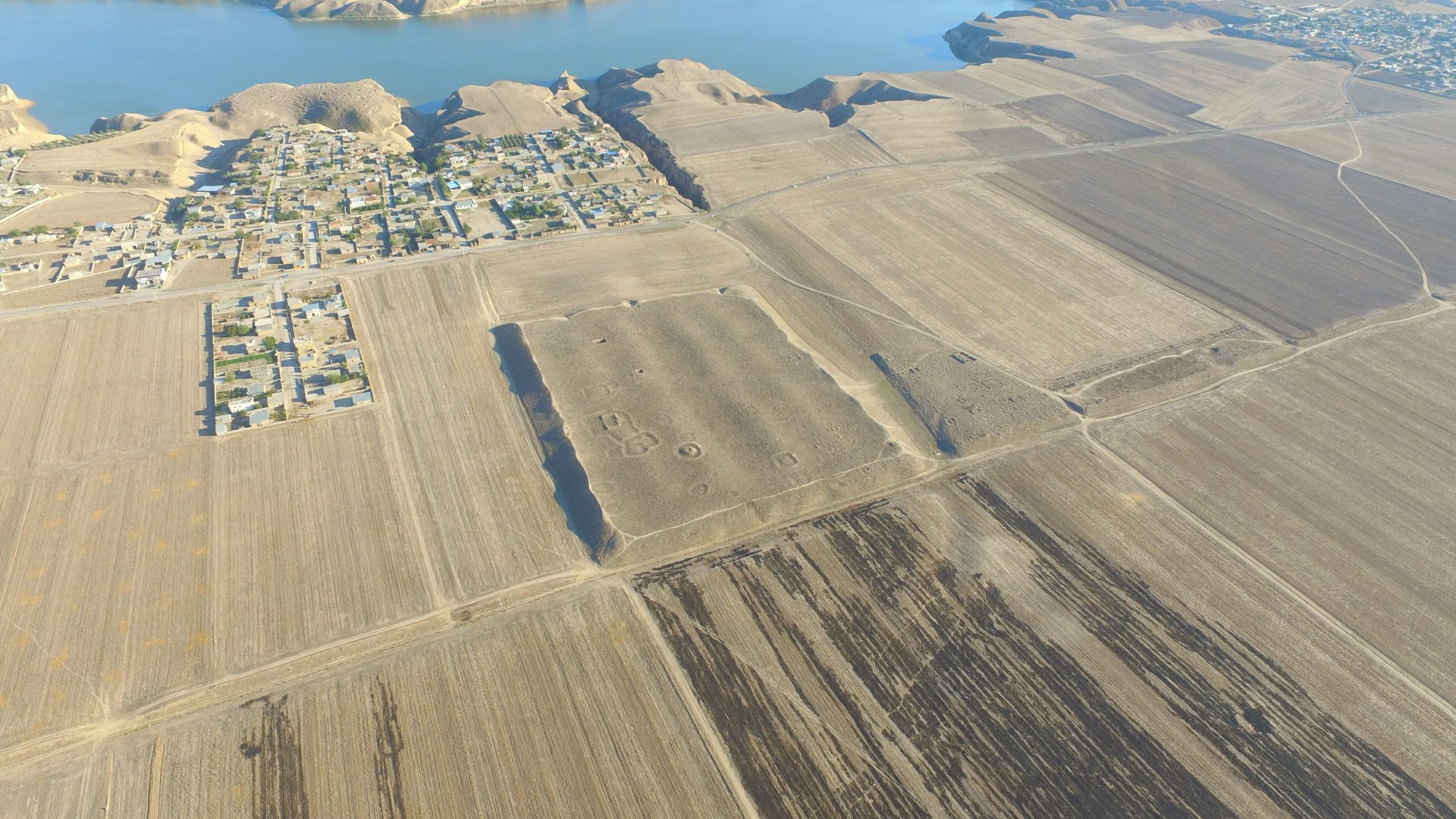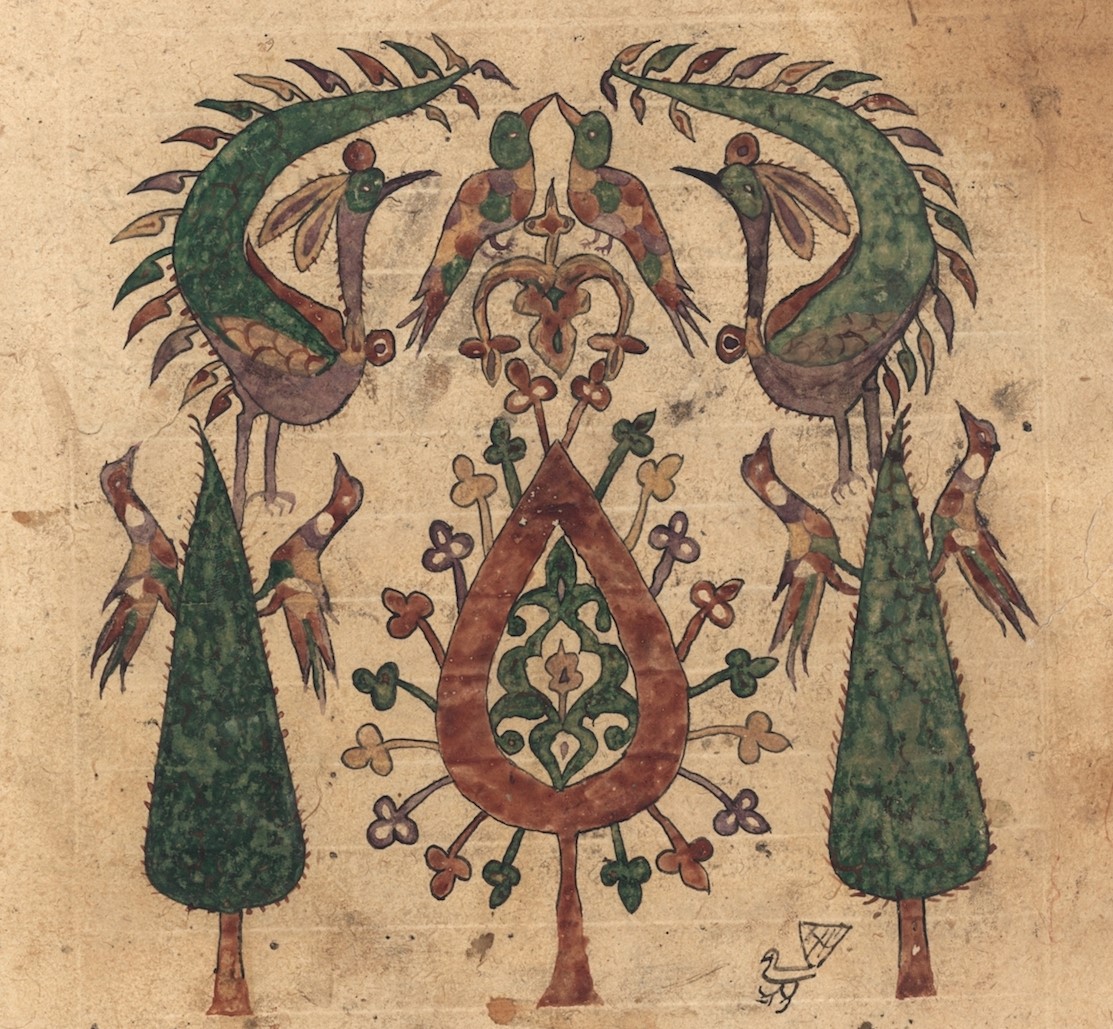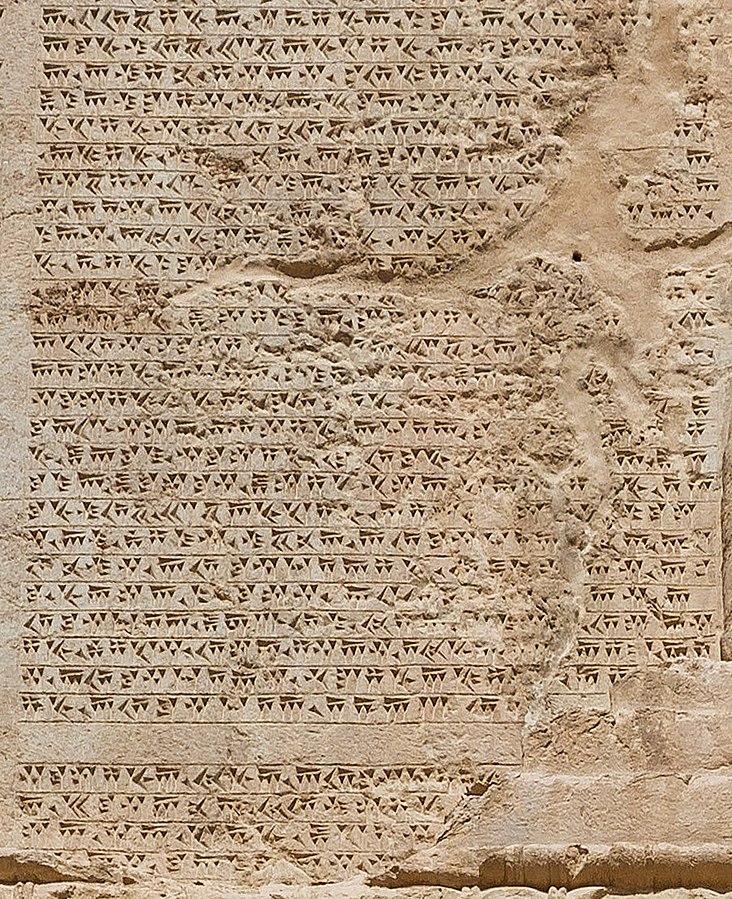Pourdavoud Center Lecture Series: Jason Schlude
Book Talk: Rome, Parthia, and the Politics of Peace This volume offers an informed survey of the problematic relationship between the ancient empires of Rome and Parthia from c. 96/95 BCE to 224 CE. Schlude explores the rhythms of this relationship and invites its readers to reconsider the past and our relationship with it. Some...


